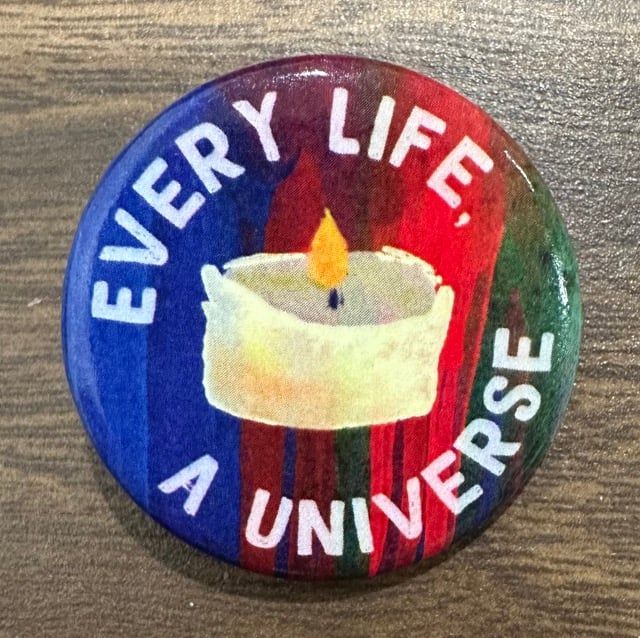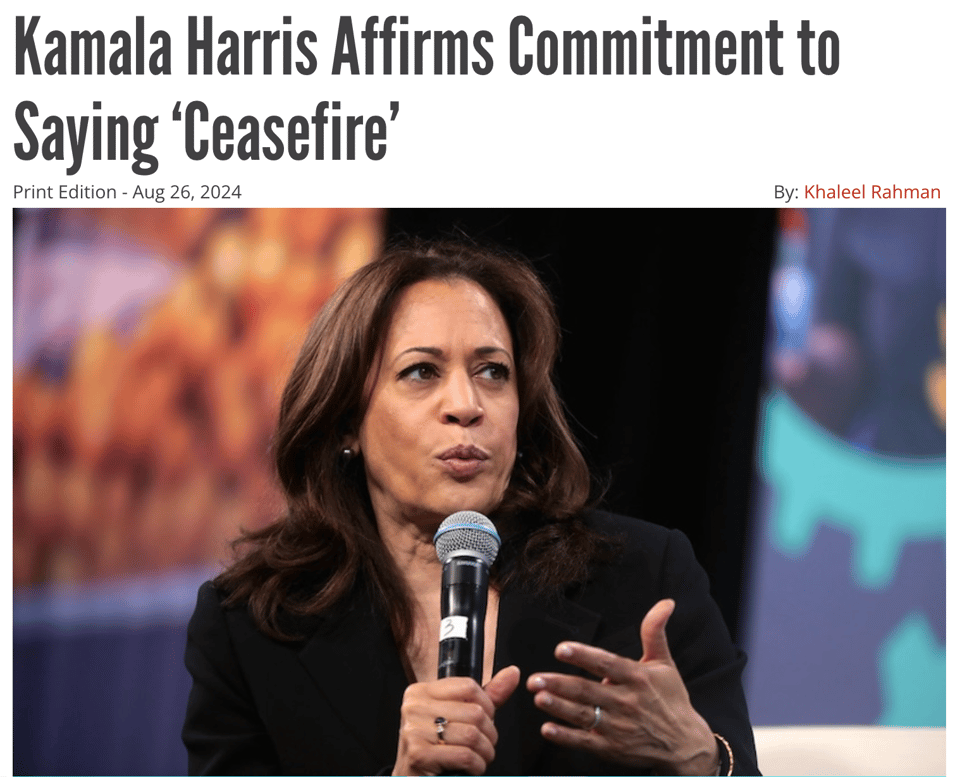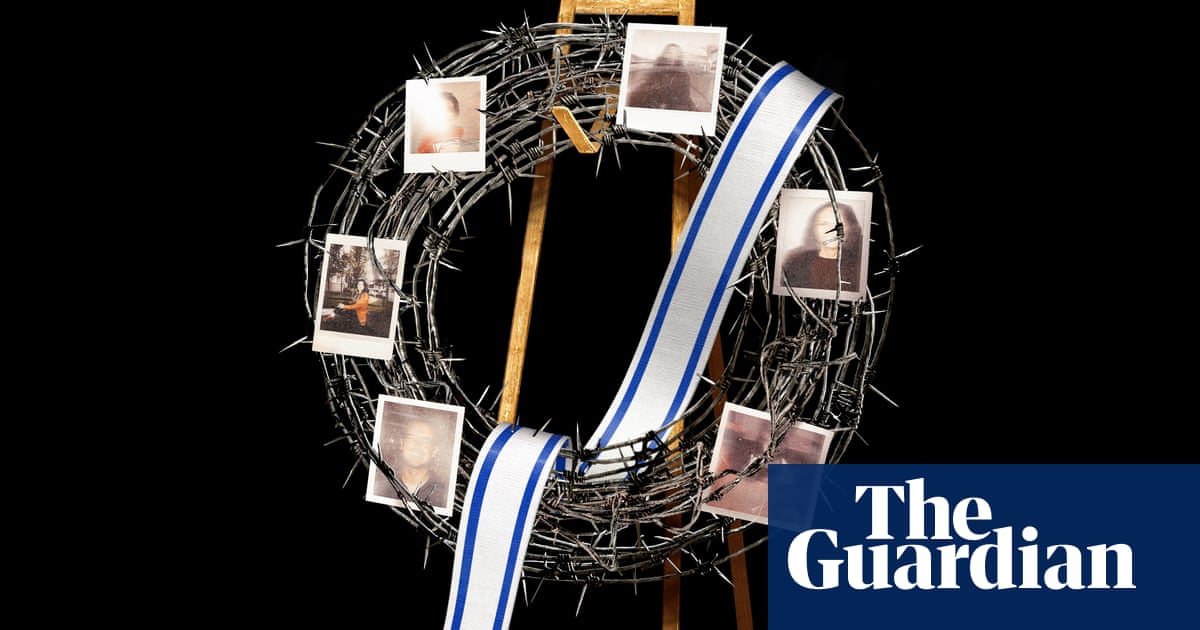How Do We Atone for Collective Failure?
A Yom Kippur reflection on complicity, silence, and the need for collective action

Update: The first version of this post did not mention the over 1,100 Israelis who were killed on October 7th or the hostages who were kidnapped. They were on my mind as I wrote this, but I couldn’t figure out how or where to make space for them as I wrote. This too was a personal failure, and a sign of the collective failure taking place. I mourn these lives because I believe that every life is sacred. But I did not know how to talk about them because every time I have spoken about Palestinian life I have been accused of not caring about Israelis. This has pushed me into a defensive and stubborn posture. This is an explanation, but not an excuse. I apologize for not honoring the lives lost on October 7th. I also want to make it clear that Palestinian deaths are being minimized and erased by some American Jews, by politicians, and the media. For this reason I chose to center the genocide in Gaza for this piece and will continue to use my writing to do so until Palestinian lives are valued equally as all others.
It’s fitting that the anniversary of October 7th takes place during the Days of Awe, the holy days of repentance and reflection between Rosh Hashanah (the Jewish new year) and Yom Kippur (the Day of Atonement). When I think of the atrocities taking place in Palestine and Lebanon, I know there is so much to atone for. I don’t think I can find words to describe the depth of our collective failure this past year to honor the sanctity of human life. And when I reflect on my role in that failure, there are several shortcomings I want to atone for.
First, I want to atone for the years that I stopped thinking about Israel-Palestine. As my Jewish life became less tied to traditional observance and untethered from institutions like Hillel and synagogues it became easier to spend less time thinking about Israel. In 2014, I attended a protest in solidarity with Ferguson. One of the speakers called for an end to Israel’s attacks on Gaza. Soon after, I attended an If Not Now event. But I didn’t stay connected to the community of Jews fighting to end Israel’s occupation.
Generally, I told myself that it was sufficient to focus my time and energy on racial and economic justice in the United States. I wouldn’t visit Israel and so it wasn’t really my problem anymore. But this was a cop out. Black Lives Matter organizers were making the connection for me between Black liberation in the U.S. and Palestinian liberation in Israel-Palestine. But I didn’t do the work to explore that relationship much further than reading one history book. I didn’t raise my voice against the land theft, the persistent bombings, or the violence against peaceful protestors.
I think I was afraid to fully engage. It felt like it was enough to withhold my support for Israel. It felt unfair that I should have to participate in Palestinian advocacy just because I was Jewish. But everyday Israel claimed to be acting on my behalf. And many, many loved ones felt/feel that Israel needs the unconditional support of Jews in the U.S. On top of that, I spent most of my life offering my own support as a leader in my Jewish youth group and a member of a campus Zionist organization in college. It was scary to face all of this. I worried about losing relationships. I feared facing my own complicity. And so I chose not to. Until I had no choice.
How do I atone for this avoidance? The Hebrew word for repentance is teshuvah which also means return. Perhaps one way I can atone for my years of complacency is by looking back at the moments that shaped my relationship to Israel-Palestine. I can study the history with new eyes and revisit the long relationship between racial and economic justice in the United States and internationally. I can return to the Jewish values that are most important to me, and act on them through solidarity with Palestine. And I can return to the people in my life who taught me to love Israel, and have the conversations I have evaded.
I want to offer my atonement for this too. I have had difficult conversations with some loved ones in the past year. But I have chosen silence many other times. When I have chosen to speak, I struggled to find the right words. At times I chose self-righteousness; at others, acquiescence. There were times when I think curiosity and empathy could have been more valuable and there were times when brutal honesty might have been helpful. But ultimately my silence was a choice to forgo solidarity for my own comfort.
Third, I want to atone for reacting with judgment to people who joined the calls to a ceasefire several months after Israel began its war crimes against Gaza. Who am I to judge? I sat on the sidelines of this fight for at least a decade. In the past year I showed up to protests and called Congress, but I wasn’t on the front lines like some of my friends. When I ask myself have I done everything in my power to help the Palestinian people, I don’t know how to answer. So who does it serve to be judgmental to people who arrived “late”? I’ve arrived quite late myself and the truth is we need as many people as possible to try to stop the bloodshed.
These are just a few of the sins I can think of from the past year. I’m sure there are many others. Perhaps chief among them is getting too caught up in my own feelings of inadequacy, shame, and complacency and forgetting that there is always something that can be done to alleviate pain in the world. And so I want to ask for forgiveness as Yom Kippur approaches.
But I also want to remember that the traditional penitential prayer of Yom Kippur says, “We have sinned.” I have missed the mark in many ways this past year, and in the spirit of Yom Kippur I commit myself to do better. But the greatest sins of this past year have been communal. And the work of repair cannot be done individually. It can only happen through collective action.
May those of us who believe in the sanctity of all life come together and vanquish the forces of fascism, militarism and hate. May we commit ourselves to fighting, even in the face of tremendous challenges and disheartening defeats. May we dedicate this next year to creating a lasting, just peace with freedom and safety for all people.
Other Recent Writing

The Empire Will Endure • Buttondown
We have to be realistic: Kamala Harris will be an imperialist President. I'm still working to get her elected.
Other Recommendations for Reading, Listening or Watching
Opinion: I”m an American doctor who went to Gaza. What I saw wasn’t war — it was annihilation
